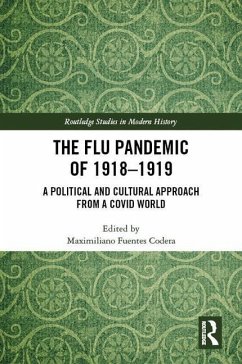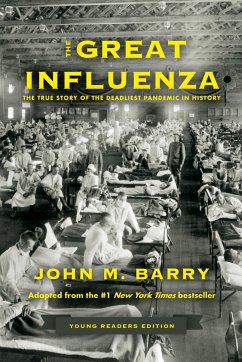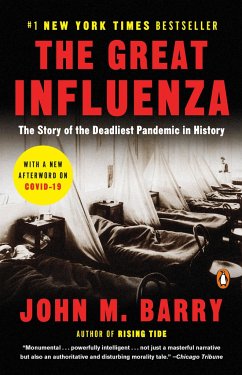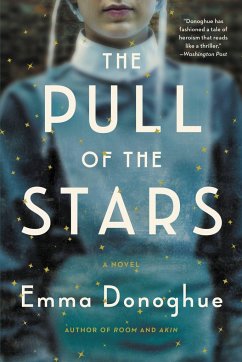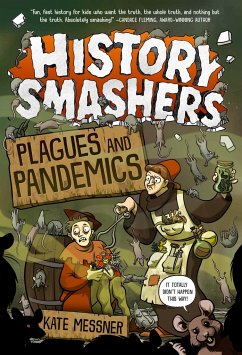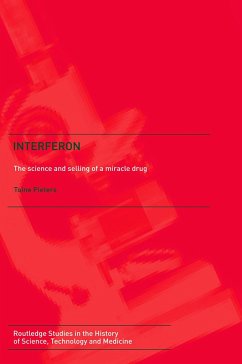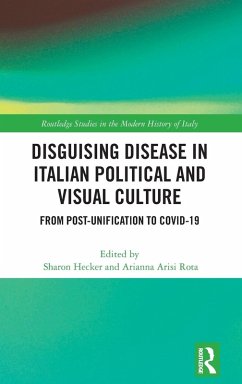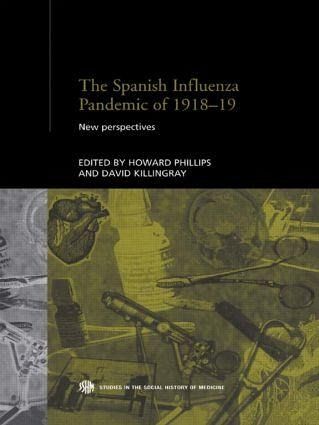
The Spanish Influenza Pandemic of 1918-1919
New Perspectives
Herausgegeben: Killingray, David; Phillips, Howard
Versandkostenfrei!
Versandfertig in 6-10 Tagen
49,99 €
inkl. MwSt.
Weitere Ausgaben:

PAYBACK Punkte
25 °P sammeln!
The Spanish Influenza pandemic of 1918-19 was the worst pandemic of modern times, claiming over 30 million lives in less than six months. In the hardest hit societies, everything else was put aside in a bid to cope with its ravages. It left millions orphaned and medical science desperate to find its cause. Despite the magnitude of its impact, few scholarly attempts have been made to examine this calamity in its many-sided complexity.On a global, multidisciplinary scale, the book seeks to apply the insights of a wide range of social and medical sciences to an investigation of the pandemic. Topi...
The Spanish Influenza pandemic of 1918-19 was the worst pandemic of modern times, claiming over 30 million lives in less than six months. In the hardest hit societies, everything else was put aside in a bid to cope with its ravages. It left millions orphaned and medical science desperate to find its cause. Despite the magnitude of its impact, few scholarly attempts have been made to examine this calamity in its many-sided complexity.
On a global, multidisciplinary scale, the book seeks to apply the insights of a wide range of social and medical sciences to an investigation of the pandemic. Topics covered include the historiography of the pandemic, its virology, the enormous demographic impact, the medical and governmental responses it elicited, and its long-term effects, particularly the recent attempts to identify the precise causative virus from specimens taken from flu victims in 1918, or victims buried in the Arctic permafrost at that time.
On a global, multidisciplinary scale, the book seeks to apply the insights of a wide range of social and medical sciences to an investigation of the pandemic. Topics covered include the historiography of the pandemic, its virology, the enormous demographic impact, the medical and governmental responses it elicited, and its long-term effects, particularly the recent attempts to identify the precise causative virus from specimens taken from flu victims in 1918, or victims buried in the Arctic permafrost at that time.





